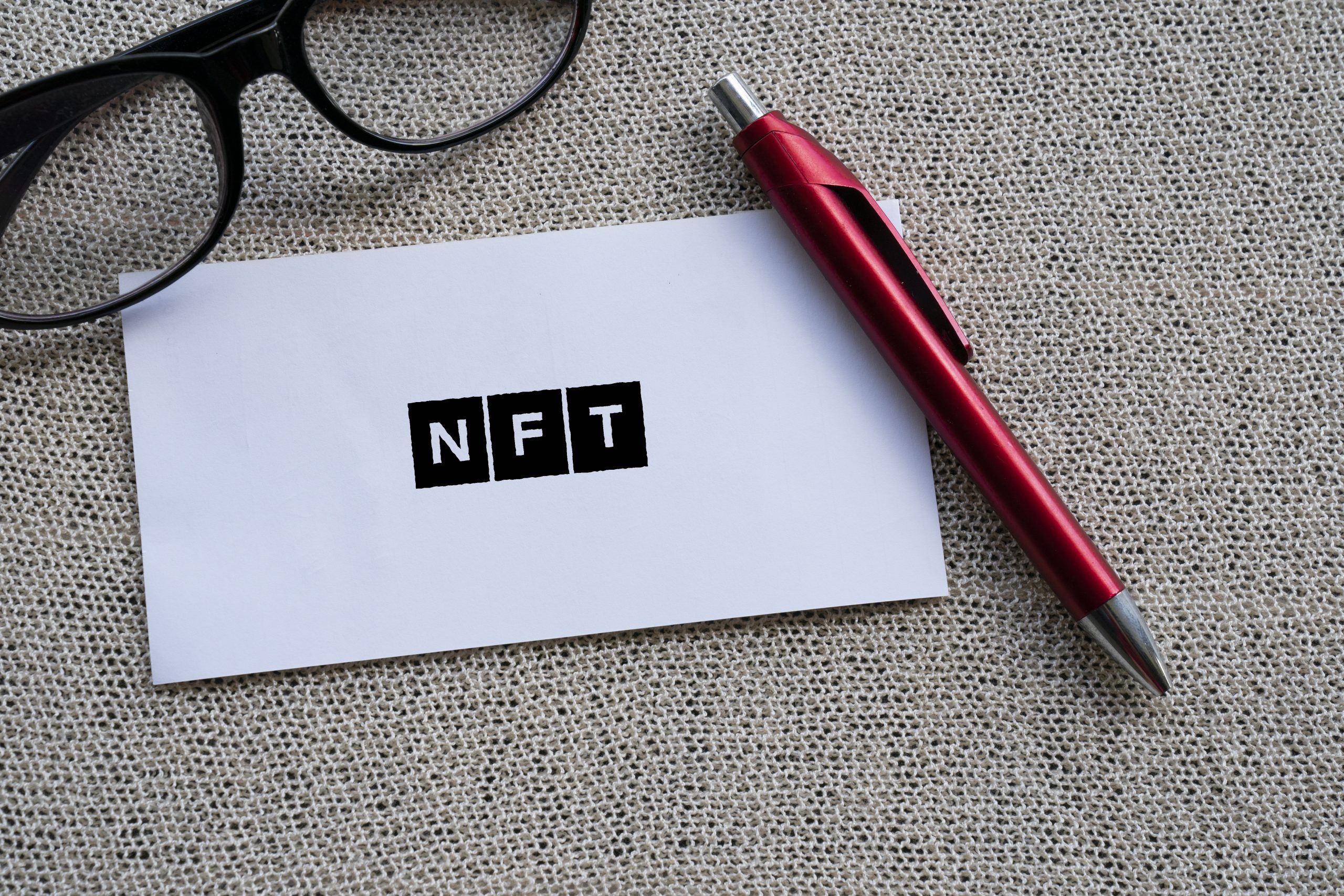How to Create a NFT Smart Contract?
NFT

Main Learning Points
- Smart contracts are an integral part of the blockchain space for many use cases.
- NFT smart contracts, in particular, are increasingly important as Web3 and the metaverse attract more attention.
- This is a quick overview of NFT smart contracts. How do they work?
Did you know that NFTs are on the blockchain? They can be managed using smart contracts. Smart contracts are used to execute trades when you purchase or sell NFTs.
Learn more about this trusted software solution that can help you verify ownership and combat counterfeiting.
What is a Smart Contract?
A smart contract is a program that is stored on a blockchain and automatically enforces certain actions when predetermined conditions have been met. Two parties can interact in a decentralized system by replacing an intermediary that facilitates transactions with a smart agreement. Smart contracts are used in blockchains like Ethereum and Bitcoin to facilitate transactions and automate processes.
What makes smart contracts “smart”? These code chunks automate processes and don’t make human mistakes, thereby reducing time and costs for traditional contracts. Smart contracts are important for the blockchain industry because they can overcome human errors.
The advantages of smart contracts
They Facilitate transactions in a trustless system, which means that parties can communicate without needing to know or trust each other.
They eliminate the need to use intermediaries and paper, speeding up and lowering costs
They can’t be modified after deployment and are immutable.
Smart contracts that are placed on a public blockchain are transparent and viewable by all
Before being deployed, they are customizable making them flexible for many uses.
They’re deterministic and perform only what they were programmed to.
As they are automated, there is no chance of human error
Smart contracts, however, are not legally binding like traditional contracts. These lines of code can execute blockchain-based outcomes, but they are not able to enforce off-chain agreements.
NFTs with Smart Contracts
The process of minting is where images, videos and sound bites are converted into crypto assets on a Blockchain. You are configuring the smart contract code that determines the characteristics of your crypto assets when you mint NFTs.
To ensure NFTs can interact with applications, smart contracts have several standards. Many smart contract blockchains include NFT creation tools such as EOS, TRON, and Tezos. NFTs created on different platforms might not be compatible with each other if there is no standard for how smart contracts and NFTs should be coded.
Standards for smart contracts to create NFTs
The ERC-721 standard for Ethereum is the most widely-used in crypto. It’s the first nonfungible token standard and it’s one of many. This standard was a pioneer in NFT minting and is widely used to launch NFTs. ERC-721 stipulates that tokens must be unique token IDs and are non-fungible. This is a requirement that may not be enforced by other standards.
ERC-721 is not the only standard that is used in NFT gaming. ERC-1155 was developed to allow for both fungible assets such as in-game currencies, and non-fungible assets such as limited edition skins.
Smart contracts and NFTs. The metaverse
The metaverse is a digital 3D universe that bridges financial, virtual and physical worlds. The metaverse would include NFTs, crypto games, and blockchain games.
Smart contracts are the foundation for NFTs so it is not surprising that they are also an important tool in building the metaverse. Smart contracts can support NFT art, and NFT gaming. Smart contracts can facilitate monetary transactions, eliminating the need to have a third party. This also reduces friction in interactions across the metaverse.
Other NFT-related Uses for Smart Contracts
Authenticating ownership
NFTs issued by smart contracts can be used to enforce ownership rights and authenticate data. Anyone can access information about ownership and creation times if these NFTs are stored on public blockchains.
Students can receive unique NFTs from educational institutions via public blockchains in the case of digital degrees. Employers who are looking to hire students may verify the authenticity of the degree by searching the block explorer. This search engine allows anyone access to public information stored on the blockchain.
These rights can be extended to NFT licensing. You can easily create details of the rights transferred to an image or sound file and transfer them to the next NFT token holder. Anybody can verify the rights and ownership of buyers.
Preventing Plagiarism and Counterfeiting
Smart contracts, which are built on NFTs can be used to combat plagiarism and counterfeiting. Smart contracts are built on blockchain and can check the time and location of an NFT token or token, i.e. the first wallet address recorded. Smart contracts can be used to track creative ownership, fight fake certificates and eliminate counterfeit products. If they don’t meet certain requirements, these products can be automatically filtered.
Facilitating business transactions
Smart contracts can improve the speed and safety of business transactions.
Smart contracts allow two parties to enter into an agreement. Once the terms are met, the agreed-upon outcome is enforced. This allows for faster transaction processing and eliminates delays caused by a lack of trust. Although parties may not be trustworthy, smart contracts can help them to feel secure and allow the transaction to proceed as soon as all terms are met.
Take into account the buying process for a house. Once the buyer meets all requirements, such as credit checks and successful downpayments, a smart contract will release funds to the seller while simultaneously transferring ownership to the buyer. For easy verification, the transaction could also include a title deed transfer.
Conclusion
Smart contracts can be tailored to fit almost any industry and are extremely versatile. Smart contracts are a key component of one of the most popular digital asset classes. This will increase with the adoption of NFT and the expansion to the metaverse.
